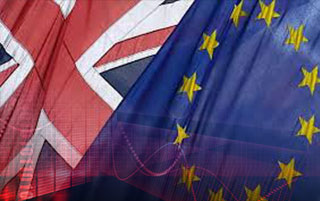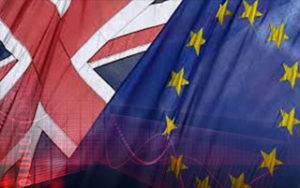Measuring the effects of Brexit has become one of the most popular sports on earth. Every pundit, analyst and investor out there, and every government official that has anything to do with the economic affairs of their respective countries, are scrutinizing every little piece of information coming out of Britain since the vote took place. In the process, the analysts are mostly losing sight of the context within which the information they analyze is found.
The truth is that we live in a world of stagnant economies, sluggish growth and weak prospects, propped up by cheap money. Within that context, and given the fact that the Brexit vote took place a little over two months ago, it is safe to say that there is absolutely no conclusive evidence about how Brexit is affecting Britain or the world economy. This is essentially due to the fact that Brexit has not taken place yet. There is no one out there who knows how Britain and the EU will shape their divorce agreement.
Going forward, a lot depends on that agreement, and almost every EU member has different interests. Some are looking to keep freedom of movement, others are interested in banking rights and regulations, some are interested in work visas and there are even countries interested in whatever may prop the British Pound up so that British tourism will return to their beaches. Judging by that mixed bag of interests, a drawn out process should be expected, which means in the meantime there will only be speculation.
Nevertheless, the expectation of worsening economic conditions have taken over the overwhelming majority of the analysts. This has clearly contributed to the pound’s poor performance, which is a huge boost for British exports and its tourism industry. This means that in the meantime, Britain is poised to have its cake and eat it. Export boosting low pound valuation coupled with continued trading rights and benefits as a member of the EU, should produce a nice windfall for the British economy.
The doom and gloom scenarios should be taken with a grain of salt to say the least. Negative numbers coming out of Britain over the past 2 months, cannot be taken as an indication that the economy is doing worse because of Brexit. It is merely an indication that the economy is adjusting to the expectations and the lack of certainty. Going forward, there is a great opportunity for investors willing to take a chance on the British economy. Britain has enough leverage over key EU members, and it has the fifth biggest economy in the world. No one vote can stop that overnight.






